Independence of African countries
Egypt
- Egypt was a British mandate after WW1. It had been declared independent in 1922 but British troop remained.
- After WW2 the demand for withdrawal of British troops gained momentum.
- There were clashes between the two & Egyptians suffered heavy casualties.
- There was a discontent against the king who had been installed by the British.
- There was a revolution in 1952 when the Egyptian army under the leadership of Lt Colonel Gamal Nasser overthrew the monarchy and declared Egypt a republic.
- The British troops ultimately were withdrawn in 1956.
- Under Nasser the economic reconstruction of Egypt began.
- It refused to align with US and began to receive military and economic aid from Soviet Union.
- Nasser nationalised Suez Canal in 1956. This prompted a combined attack from Britain, Israel and France.
- This attack was widely condemned. Soviet Union sent a stern warning to Britain.
- The worldwide condemnation forced them to withdraw their forces.
- The war raised to prestige of Asian and African countries and also that of Soviet Union.
- It emerged as a saviour and friend of new independent countries.
Libya
- Libya had come under Italian rule in 1911.
- During WW2 some of the most ferocious battle between Germany and Britain were fought in Libya.
- At the end of the war the country was occupied by Britain and France.
- In 1951 Libya became independent with monarchical form of government.
- During 1960 it became one of the largest oil producing countries of the world.
- king did not permit any opposition to the rule. It led to gross inequality in the society.
- In 1969 a group of army officers captured power and abolished monarchy.
- US built one of its strongest air bases on Libyan soil.
Algeria
- Algeria had been captured by France as early as 1830.
- In 1954 the nationalist organisation of the people of Algeria called National Liberation Front gave a call for armed struggle against French Rule.
- By 1958, the Algerian nationalists had organised a large army of their own and proclaimed the formation of a govt of the republic of Algeria.
- The situation in Algeria had serious consequences inside France as well.
- In 1958, General Charles de Gaulle became the President of France.
- He conceded the right of the Algerian people to self-determination.
- This policy was opposed by some sections of the French army in Algeria who revolted against De Gaulle and attempts to assassinate him were made.
- In July 1962 a referendum was held in Algeria and people unanimously voted for independence.
Ghana
- It was under British occupation and was called Gold Coast.
- The most prominent leader was Kwame Nkrumah who in 1949 organised the Convention People’s Party.
- A strong trade union movement had also emerged in Gold Coast.
- They demanded independence but were arrested.
- In the elections that followed the CPC won a resounding majority and thus the British were compelled to initiate constitutional reforms and finally British agreed to its independence in 1952.
- The country was renamed as Ghana after the name of the old West African kingdom.
Guinea
- It was a French colony. In 1958 while embroiled in war in Algeria, France held a referendum in her colonies.
- The people of Guinea voted for complete independence and Guinea was proclaimed a republic in 1958.
- The achievement of independence by Ghana and Guinea accelerated the pace of achievement of independence by other nations.
- The promotion of the cause of African freedom was a major objective of India’s foreign policy.
- 1960 is regarded as the African year. 17 countries gained their independence.
- Organisation of African Unity was formed in 1963.
Kenya
- The freedom movement was led by Jomo Kenyatta, leader of Kenya African Union.
- In 1952 a revolt by peasants had broken out known as Mau rebellion.
- It was directed against the seizure of land by the British colonial authorities.
- Jomo Kenyatta was prisoned in 1953 on the charge of supporting the rebellion.
- Having failed to suppress the freedom movement, Britain had to give in and Kenya became independent in 1963.
The newly independent countries had to face lots of problems. The evil machinations of imperialist countries were still at work e.g., Belgium with the help of some countries brought about the secession of the rich province of Katanga. By 1975 the Portuguese colonies of Angola, Mozambique, Guinea Bissau and Cape Verde became independent.
Namibia
- It was the last country in Africa to become independent. It was formerly called Southwest Africa.
- It was a German colony before WW1.
- It was handed over to South Africa as ‘mandate’.
- South Africa treated her as colony & refused to withdraw despite resolutions of UN.
- The freedom movement was led by South-West Africa People’s Organisation which was formed in 1960.
- It started a war with the help of Guerrilla forces to liberate the country.
- It was made a member of NAM. The NAM + African Govt. + UN played an important role in the success of freedom movement in Namibia. The war came to an end in 1989.
South Africa
- It was an independent country. It was known as Union of South Africa since 1910 and Republic of South Africa since 1961.
- The govt. was among the most oppressive regimes in the world in 20th century.
- It was under the exclusive control of white minorities practicing the worst form of racism.
- System of apartheid was established.
- All people were classified and separated on the basis of race.
- Separate schools, universities, theater, shopping centres, separate coaches in trains.
- The teams for sport also were formed on the basis of races.
- Marriage between different racial groups was a criminal offence.
- The best lands in the country were under the control of whites.
- The non whites had no vote and say in the govt.
- They were denied human rights.
End of Apartheid
- The ANC organised its own army to fight against the racist regime.
- In 1960 ANC was banned and most of its leaders were arrested.
- African National Congress was set up in 1910 and led fight against the regime.
- SA was isolated. Its cricket team was banned by the ICC.
- India was the first country in the world to sever relations with SA and extend full support to the people of SA.
- In 1980s some Western countries imposed sanctions.
- By the end of 1980s the international isolation of SA regime was complete which resulted in –
- The ban on ANC was subsquently lifted.
- Nelson Mandela who had been in jail for 27 years was released.
- Apartheid laws were abolished.
- The process of framing a new constitution was started. It gave right to vote to all people.
Elections were held in 1994 and a new nonracist and democratic government came to power. Nelson Mandela was elected the President of the country.
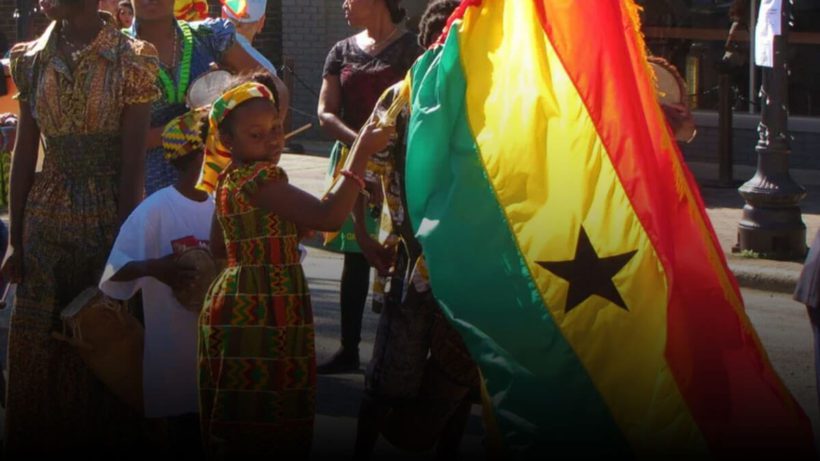
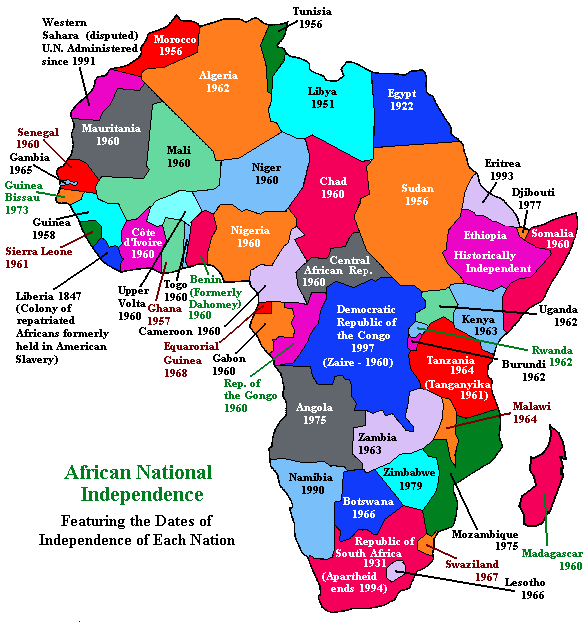
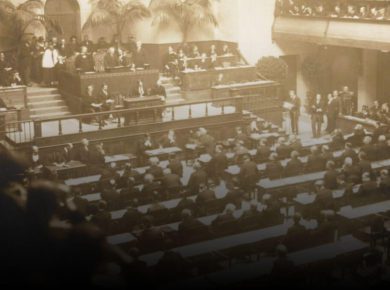
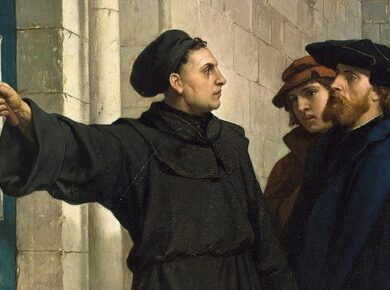
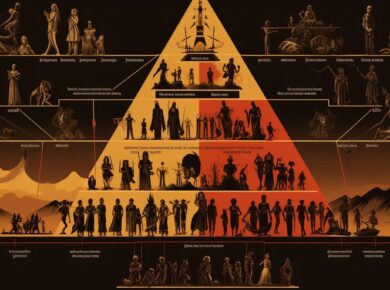
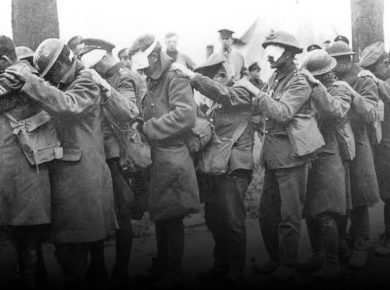
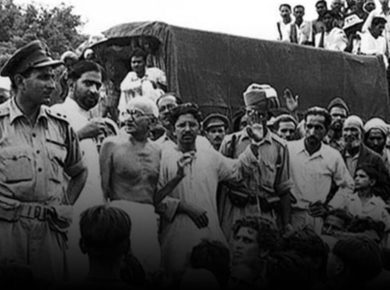
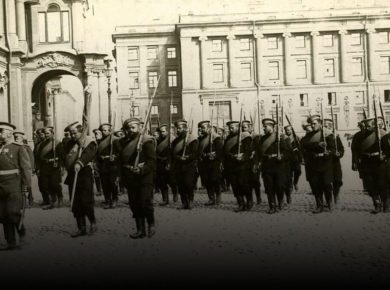
1 comment
thankyou very much to share the knowledge.